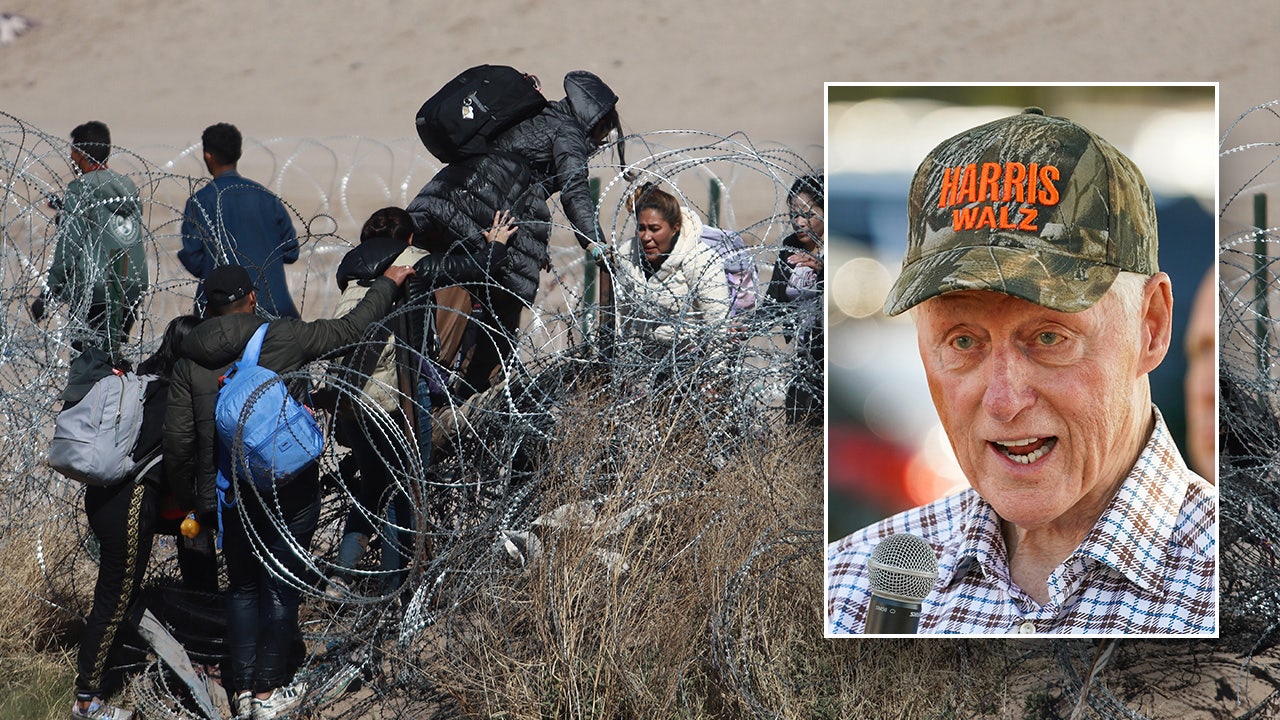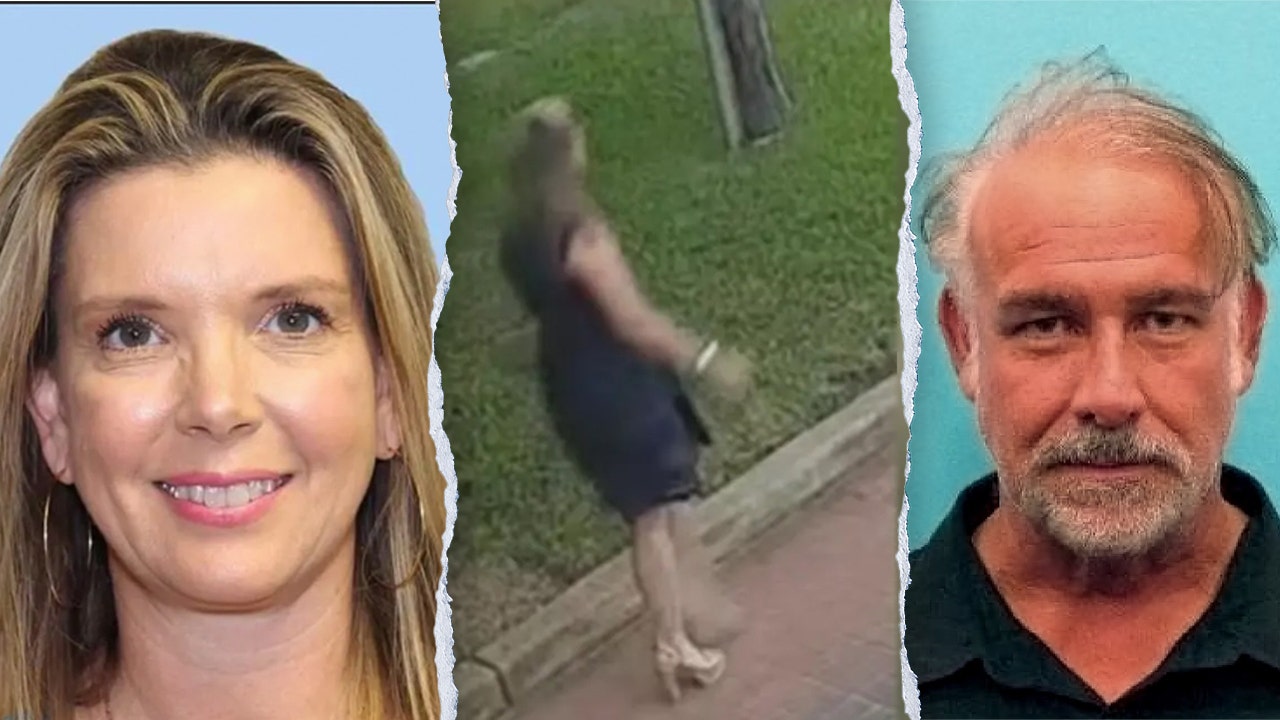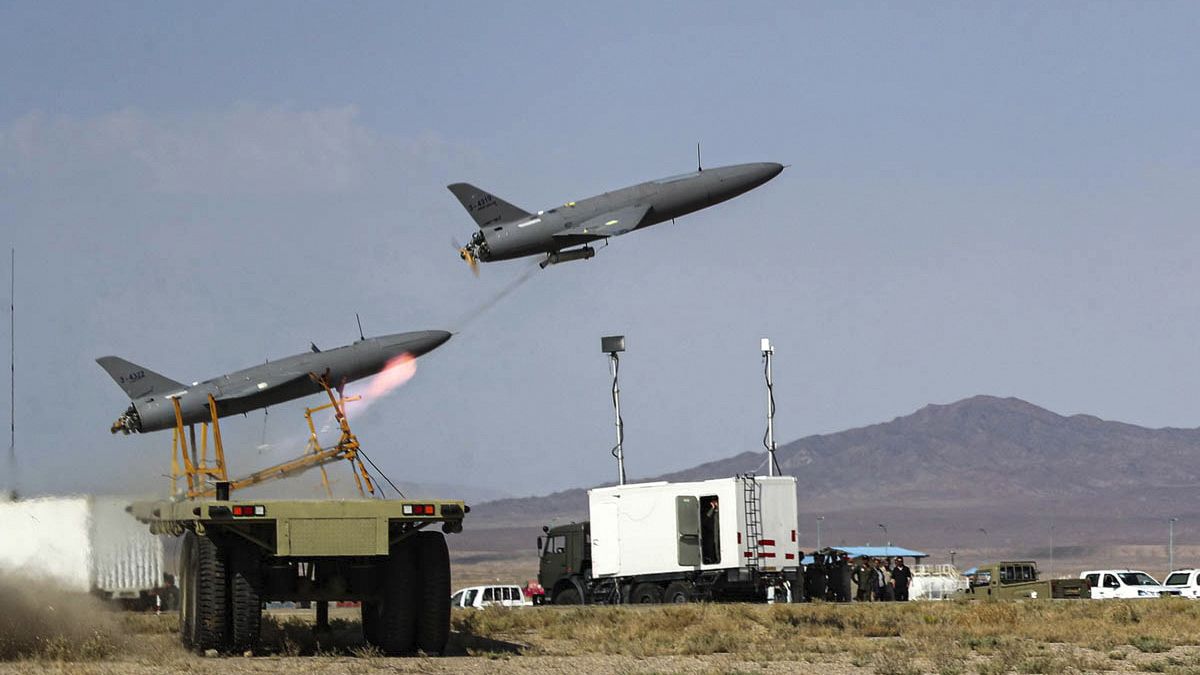Three Iranian airlines and a top diplomat are among those targeted by the latest round of sanctions. The EU Commission chief stressed, however, that “more is needed”.
The European Union on Monday slapped sanctions on several Iranian airlines and the country’s deputy defence minister for supplying Russia with ballistic missiles it uses to wage war in Ukraine.
A total of 14 new designations were approved by foreign affairs ministers gathered in Luxembourg – seven individuals and seven entities.
These include three Iranian airlines (Saha Airlines, Mahan Air and Iran Air), two procurement firms responsible for the transfer and supply of Iran-made unmanned aerial vehicles (UAVs) as well as related components and technologies, and two companies involved in the production of propellant used to launch rockets and missiles.
The individuals targeted are the country’s Deputy Defence Minister, Seyed Hamzeh Ghalandari, prominent officials from several branches of the Islamic Revolutionary Guard Corps (IRGC), and managing directors from EU-listed companies Iran Aircraft Manufacturing Industries (HESA) and Aerospace Industries Organization (AIO).
All will now be subject to an asset freeze and a travel ban to the EU, while EU entities and individuals are prohibited from conducting business, directly or indirectly, with them.
The new sanctions were welcomed by European Commission chief Ursula von der Leyen for whom “the Iranian regime’s support to Russia’s war of aggression against Ukraine is unacceptable and must stop”.
“More is needed,” she added in a post on social platform X.
The meeting in Luxembourg also saw ministers discuss further assistance to Ukraine in its struggle against Russia, including a proposal by High Representative Josep Borrell to bypass Hungary’s veto on €6.6 billion of military support, and a package of support to the energy sector.
Andrii Sybiha, Ukraine’s newly-appointed minister of Foreign affairs, joined the meeting virtually and “called for a strong response to Russian attacks on civilian vessels and ports that threaten global food security, and urged increased energy assistance ahead of winter,” he said on X.
He also briefed them on the latest developments on the battleground and the “Victory Plan” of President Volodymyr Zelenskyy, and added that he “refuted media speculations about Ukraine’s alleged ‘readiness for territorial concessions'”.
David O’Sullivan, the international special envoy for the implementation of EU sanctions, also took part in the meeting to discuss ways to further crack down on circumvention that allows Moscow to access key technology and funds it needs to finance its illegal aggression.
Latvia’s minister of foreign affairs, Baiba Braže, said for instance that “unfortunately on our borders, which is the external border of the EU and NATO, we see that a lot of EU companies are still exporting stuff to Russia which is not necessarily in line with the sanctions”.
“Russia’s war economy has been able to reconstitute itself largely so we urge the presidency to advance the next sanctions package,” she added, citing Russia’s illicit exports of oil through a so-called shadow fleet.
The EU has so far imposed 14 packages against Russia for its war on Ukraine, targeting exports of oil, and prohibiting EU exports of dual-purpose goods, raw materials and luxury products, among others.
Foreign affairs ministers were also scheduled to discuss the deteriorating situation in the Middle East.



